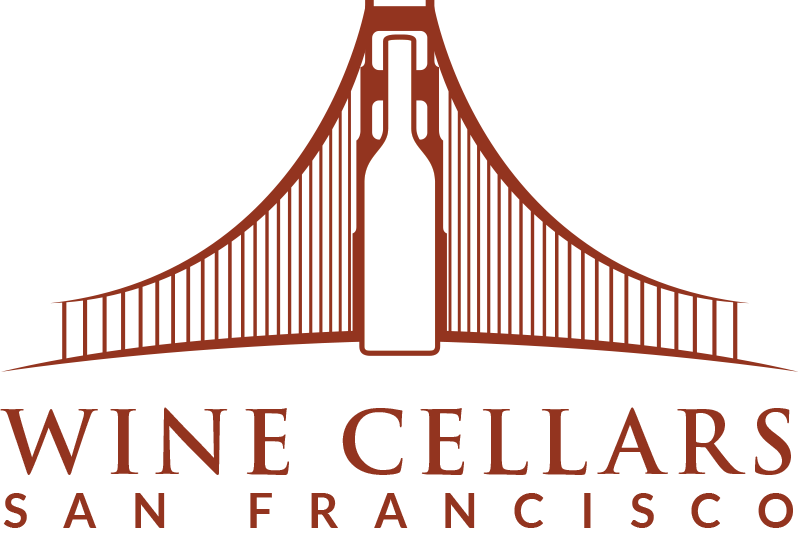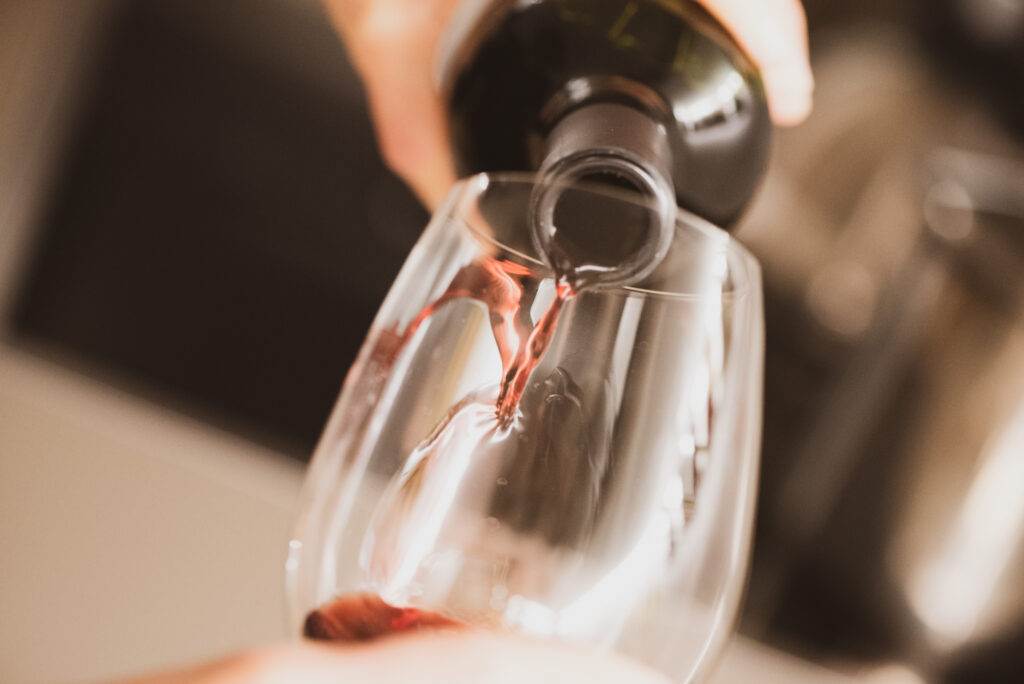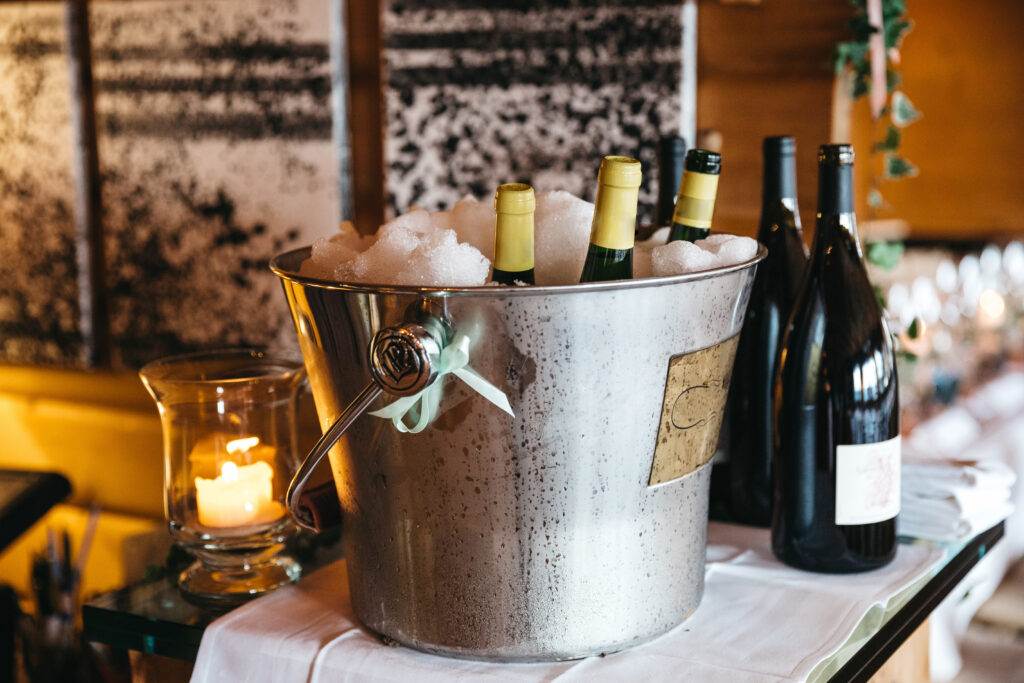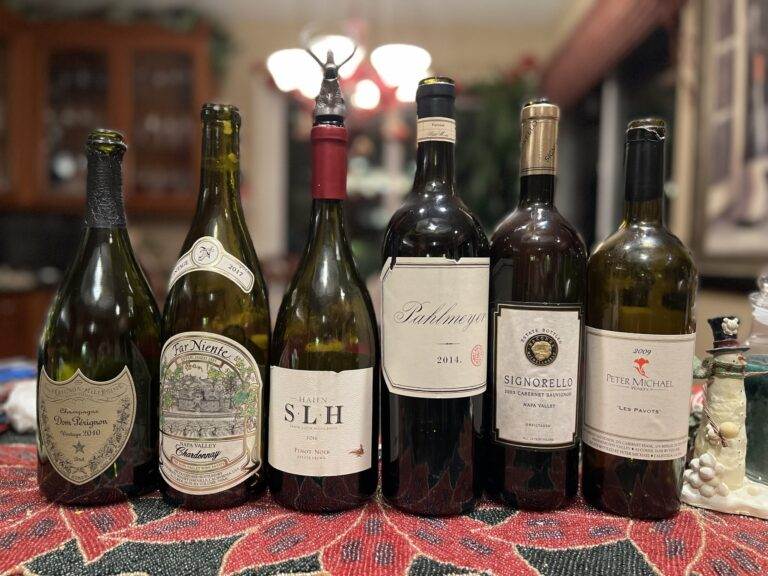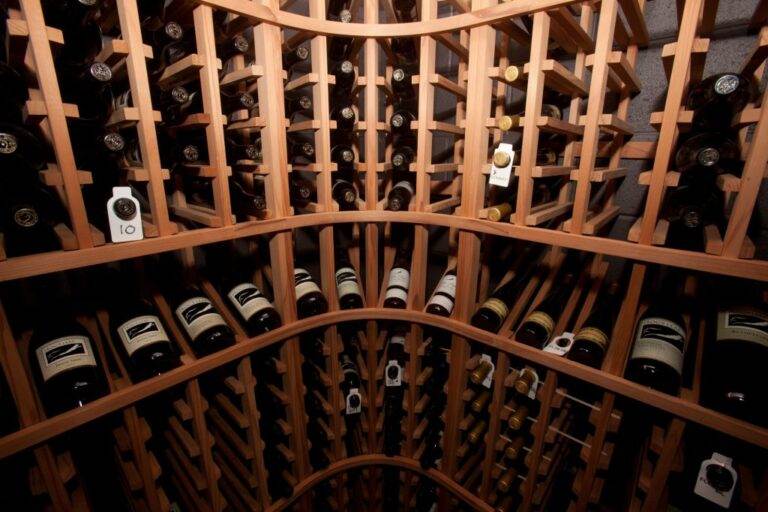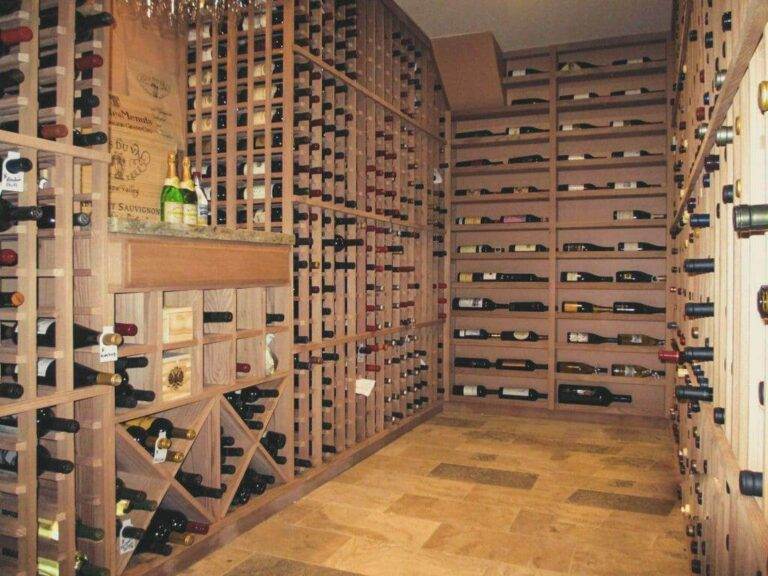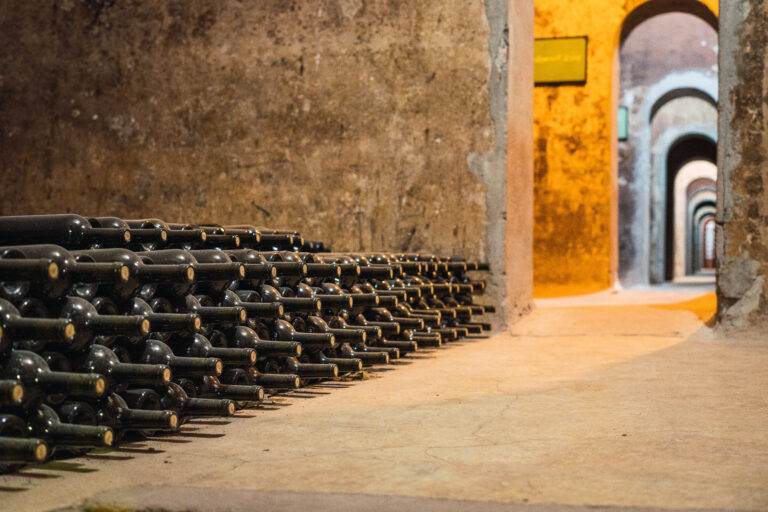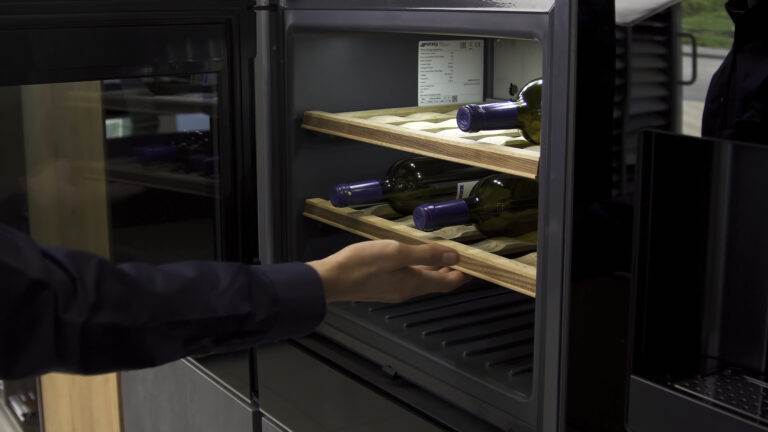Introduction
Overview of Wine Preservation
Wine preservation is an art and science that focuses on maintaining the quality and integrity of wine over time. Whether one is a casual drinker or a dedicated collector, understanding how to preserve wine properly is crucial. It encompasses methods and techniques to protect wines from unfavorable conditions that could alter their taste, aroma, and overall quality. This involves meticulous attention to surroundings like temperature, humidity, and light exposure. Many wine enthusiasts often invest in specialized storage solutions, such as climate-controlled wine cellars, to ensure that their prized collections remain in optimal condition. Conversely, improper storage can lead to oxidation, spoilage, and compromised flavors, making education on preservation paramount for anyone who appreciates wine.
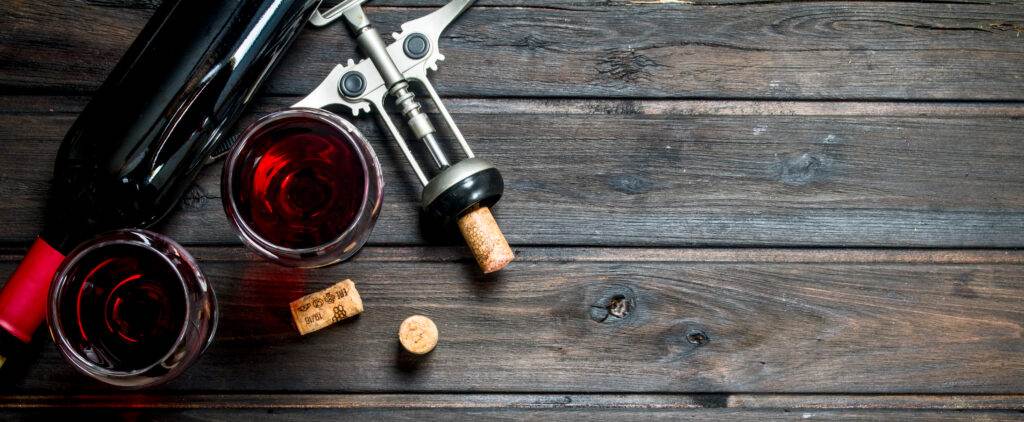
Importance of Preserving Wine Collections
Preserving wine collections is not merely about the act of storing bottles; it’s about safeguarding an investment and a passion. For many collectors, these bottles represent cherished memories, milestones, or even financial assets. Consider the following key reasons for focusing on wine preservation:
- Quality Assurance: A well-preserved bottle ensures that each pour delivers the intended flavor profile and aromatic complexity.
- Investment Protection: Wines can appreciate in value, and proper preservation protects that potential for future returns.
- Personal Experience: Enjoying a bottle that has been cared for properly can enhance the overall tasting experience, making moments more memorable.
Ultimately, preserving a wine collection reflects respect for the craftsmanship of winemakers and the history encapsulated in each bottle. By recognizing the importance of wine preservation, collectors can truly elevate their appreciation and enjoyment of this age-old beverage.
The Wine Cellar Experience
Building a Wine Cellar
Creating a wine cellar is an exciting endeavor that brings one’s passion for wine to life. It involves more than just a designated space; it’s about crafting an environment that nurtures and preserves wine. Whether it’s a small corner of a home or a dedicated room, several factors need consideration when building a wine cellar:
- Location: Choose a spot away from direct sunlight and heat sources. Ideally, basements work well due to their naturally cooler temperatures.
- Temperature Control: Maintaining a stable temperature between 50°F and 59°F is critical. Consider investing in a wine refrigerator or cooling system.
- Humidity Levels: Aim for humidity levels between 50% and 70% to keep corks from drying out and letting air in.
- Shelving and Racking: Custom wine racks can be built to fit the space and accommodate collections of various sizes. Opt for materials that minimize vibration, such as wood or metal.
Building a wine cellar not only enhances the liveability of your home but also serves as a personal sanctuary for wine lovers.
Organizing and Maintaining a Wine Cellar
Once the wine cellar is created, effective organization and maintenance are paramount to preserving its functionality and appeal. Here are some strategies to consider:
- Label & Catalog: Create a system to label each bottle with details such as varietal, vintage, and origin. It can be as simple as a handwritten list or a digital catalog.
- Rotate Your Stock: Practice the “first in, first out” rule to ensure older bottles are consumed before newer arrivals. This will elevate the tasting experience and reduce spoilage risk.
- Regular Monitoring: Keep an eye on temperature and humidity levels using digital gauges. Regular checks can prevent small issues from escalating.
Organizing and maintaining a wine cellar transforms it from just a storage space into an active shrine for your collection, ensuring that every bottle is ready to be enjoyed at a moment’s notice.
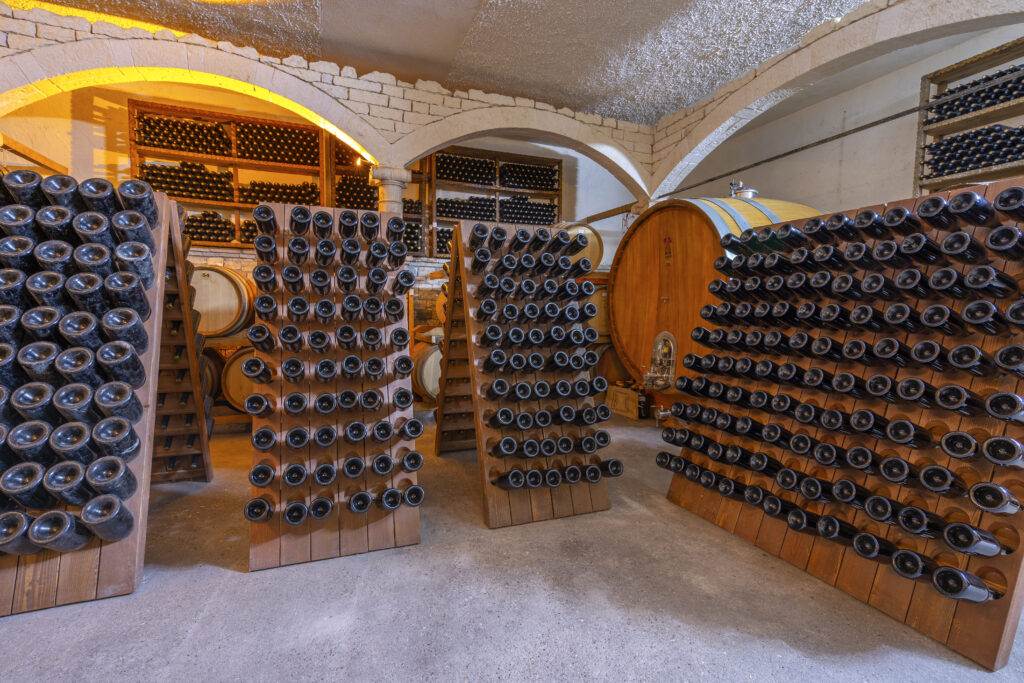
Custom Wine Storage Solutions
Custom Wine Racks
When it comes to wine preservation, custom wine racks play a pivotal role. They not only maximize space but also showcase your collection beautifully. Every wine enthusiast has unique needs and aesthetics, making custom racks a desirable option. Here are some benefits and considerations for using custom wine racks:
- Personalized Design: Tailored racks can be made to fit specific dimensions and styles, ensuring they blend seamlessly with your home décor.
- Material Choices: Options include wood, metal, or acrylic, allowing you to pick materials that enhance both functionality and aesthetics. For instance, reclaimed wood adds a rustic charm, while metal provides a modern, sleek look.
- Capacity and Configuration: Custom racks can be designed to hold standard bottles, magnums, or even unique-shaped bottles, ensuring every piece in your collection has a perfect home.
Investing in custom wine racks not only ensures efficient storage but also allows for showcasing your collection in a way that reflects your personality and style.
Climate-Controlled Wine Rooms
For serious collectors, a climate-controlled wine room elevates the wine storage experience. This dedicated space provides an optimal environment where temperature and humidity levels can be meticulously regulated. Here are some compelling reasons to consider a climate-controlled wine room:
- Enhanced Protection: Maintaining consistent temperature and humidity protects your wine from spoilage, which is vital for long-term cellaring of valuable bottles.
- Aesthetic Appeal: A well-designed wine room can serve as a stunning focal point in your home, designed with glass doors, elegant shelving, and mood lighting that invites exploration.
- Greater Capacity: With custom design options, wine rooms can accommodate larger collections, making it easier to organize and rotate stock.
When combining custom wine racks with a climate-controlled wine room, wine enthusiasts create a sanctuary worthy of the finest collections. This dual solution not only preserves the quality of each bottle but also celebrates the joy and artistry behind wine collecting.
Wine Collection Inventory Management
Cataloging Wines
Effective inventory management begins with a comprehensive cataloging system. As any seasoned wine enthusiast will assert, keeping track of your collections is essential for both enjoyment and investment purposes. A clear catalog makes locating your favorite bottle a breeze and helps prevent unnecessary purchases. Here are some tips for creating an effective wine catalog:
- Basic Information: Start by listing essential details for each bottle, such as the wine name, varietal, vintage, region, and producer.
- Purchase Details: Include purchase price and store/location where it was bought, which can be helpful for future valuation.
- Tasting Notes: Document your personal tasting notes to remember your impressions of each wine. This subjective experience adds character and depth to your catalog.
- Digital vs. Physical: While many opt for digital cataloging apps or spreadsheets for convenience, maintaining a physical notebook can be a fulfilling way to reflect on your collection.
Setting up a thorough catalog can transform how you engage with your wines, enhancing both the experience and the sense of pride in your collection.
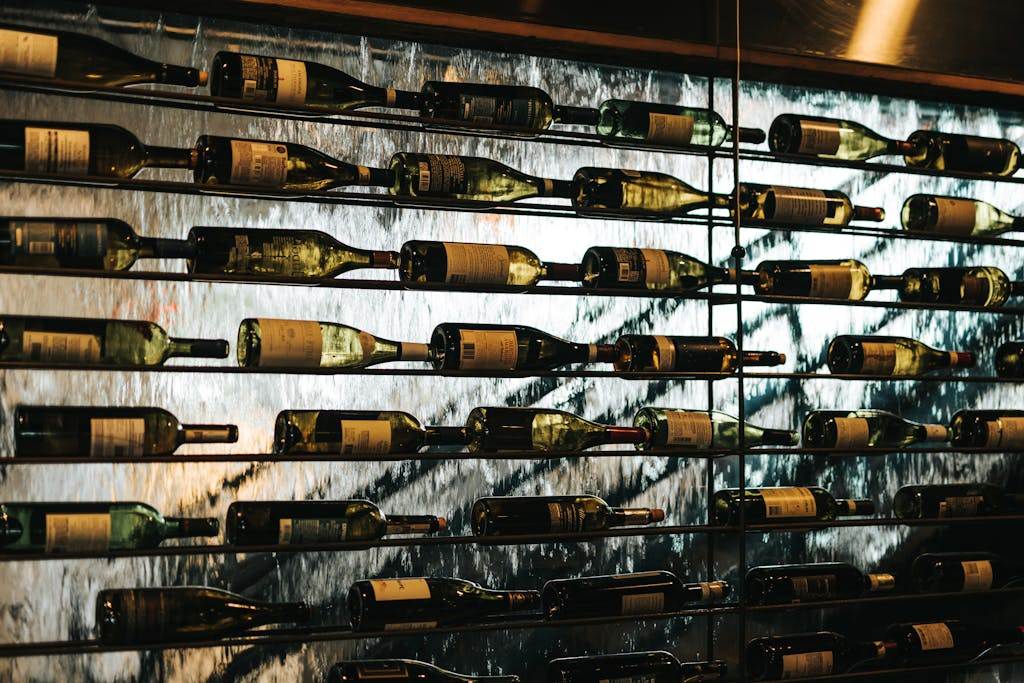
Tracking Wine Purchases and Consumption
In addition to cataloging, effectively tracking purchases and consumption is vital for anyone looking to manage their wine collection proficiently. Understanding drinking habits and trends allows one to enjoy their collection fully and reduce waste. Here are strategies for tracking:
- Purchase Records: Keep a log of each wine bought, including date, quantity, and price. This not only helps in budgeting but also assists in knowing what’s available.
- Consumption Tracking: Note when you enjoy a bottle, which can guide future purchasing decisions based on preferences and experiences.
- Data Insights: A simple spreadsheet can provide insights into your consumption patterns, like the most frequently enjoyed varietals or the best times of the year for drinking certain wines.
By maintaining a diligent approach to cataloging and tracking, collectors elevate their wine management skills, ensuring that each bottle brings joy and satisfaction while maximizing the investment in their cherished collections.
Preserving Wine Quality
Handling and Storing Wine Bottles
Preserving the quality of wine begins with the proper handling and storage of bottles. The way you care for your wines can significantly impact their longevity and taste. Here are some essential practices for ensuring that every bottle retains its character:
- Gentle Handling: Always pick up wine bottles from the base rather than the neck to avoid disturbing the sediment, especially in older wines.
- Horizontal Storage: Store bottles horizontally to keep the cork moist. A dry cork can lead to oxidation and spoilage, especially for wines intended for long aging.
- Avoid Vibration: Keep bottles in a sturdy, stable environment free from vibrations. Excess movement can disrupt sediments and affect the wine’s aging process.
- Limit Light Exposure: Ultraviolet (UV) light can degrade wine, so store bottles in a dark place or use UV-filtering glass if displaying your collection.
By adopting careful handling practices and mindful storage techniques, wine enthusiasts can maintain the integrity of their collections, allowing each bottle to thrive.
Monitoring Humidity and Temperature Levels
Beyond just handling and storage, maintaining the right humidity and temperature levels is crucial for preserving wine quality. Fluctuations in these factors can lead to spoilage and diminished flavor profiles. Here’s what to keep in mind:
- Ideal Temperature: The best temperature for aging wine generally hovers between 50°F and 59°F. Such a stable climate enables wine to mature gracefully without risk of spoilage.
- Humidity Levels: Aim for humidity between 50% and 70%. Low humidity can dry out corks, while high humidity can promote mold. Using a hygrometer can help in monitoring these levels effectively.
- Seasonal Adjustments: Be mindful of changes in temperature and humidity across seasons. Using climate control systems or humidifiers/dehumidifiers can help maintain the ideal environment.
By vigilantly monitoring humidity and temperature levels along with proper handling and storage methods, wine collectors can safeguard their treasured bottles and enjoy their luscious flavors for years to come.
San Francisco’s Wine Preservation Community
Wine Preservation Events in San Francisco
San Francisco is a vibrant hub for wine enthusiasts, showcasing a dedicated community focused on wine preservation. Throughout the year, numerous events are organized that celebrate this passion, providing valuable insights and opportunities for connection. Here are some popular types of events you can look forward to:
- Wine Festivals: Local wine festivals are a fantastic way to explore different wineries and learn about wine preservation techniques from experts. These events often feature workshops on proper storage, temperature control, and the importance of cellar management.
- Tasting Events: Many wine shops and vineyards host tasting sessions where participants can appreciate the nuances of various wines while learning how storage conditions have impacted taste.
- Educational Seminars: Institutions and wine clubs regularly offer seminars that delve into the science of wine preservation, including topics like cork quality, the aging process, and innovative storage solutions.
Engaging in these events not only enhances knowledge but also fosters relationships with fellow wine enthusiasts, expanding one’s network within the local community.
Local Wine Preservation Tips
In addition to participating in local events, wine collectors in San Francisco can adopt specific strategies to enhance their preservation efforts. Here are some homegrown tips from local experts:
- Utilize Local Climate: San Francisco’s coastal climate can be ideal for wine storage; make the most of natural cool temperatures by keeping your collection in a basement or dark closet.
- Invest in Quality Racking: Consider sturdy and well-ventilated wine racks that allow for optimal air circulation and easy access to your collection.
- Embrace Technology: Utilize smart wine preservation devices that monitor conditions and send alerts to your phone, ensuring that your collection is always safeguarded.
By engaging with the wine preservation community and implementing effective local strategies, wine lovers in San Francisco can enhance their enjoyment and appreciation of fine wines, creating a lasting legacy among their collections.
Investment and Insurance for Wine Collections
Evaluating Wine Collection Value
As any wine enthusiast knows, a collection can represent not just a passion for fine wines but also a significant financial investment. Evaluating the value of your wine collection is essential for both personal and financial planning. Here are a few key factors to consider when assessing your collection:
- Rarity & Provenance: The scarcity of a wine and its history of ownership can substantially enhance its value. Limited editions or wines from celebrated vineyards can appreciate significantly over time.
- Condition of Bottles: The quality of your bottles plays a vital role in valuation. Factors such as label condition, sediment levels, and how well the wine has been stored can impact its overall market worth.
- Market Trends: Keeping an eye on current market trends can help gauge the evolving value of wines. Websites and auction houses often provide insights into recent sales and pricing trends.
Customarily, collectors might seek professional appraisers to obtain a detailed evaluation, ensuring that the value is accurately reflected for potential future sales or insurance purposes.
Insuring Wine Collections in San Francisco
With the increasing value of wine collections, securing proper insurance becomes crucial. In San Francisco, where wine culture is rich and diverse, there are specialized insurance providers that understand the unique needs of collectors. Here are some factors to consider:
- Types of Coverage: Ensure that your policy covers various risks, including damage from theft, fire, and natural disasters. Some insurers even offer specific coverage for fluctuating market values.
- Inventory Documentation: Create a detailed inventory of your collection, complete with photographs and appraisals. This information can be vital during the claims process.
- Reputable Insurers: Engage with companies that specialize in valuable collections, as they often provide tailored policies that align with the specific needs of wine collectors.
Investing time and effort into evaluating and insuring your wine collection not only protects your investment but also allows you to enjoy your passion with peace of mind. By understanding the nuances of valuation and insurance, collectors can safeguard their cherished wines and enjoy them for years to come.
